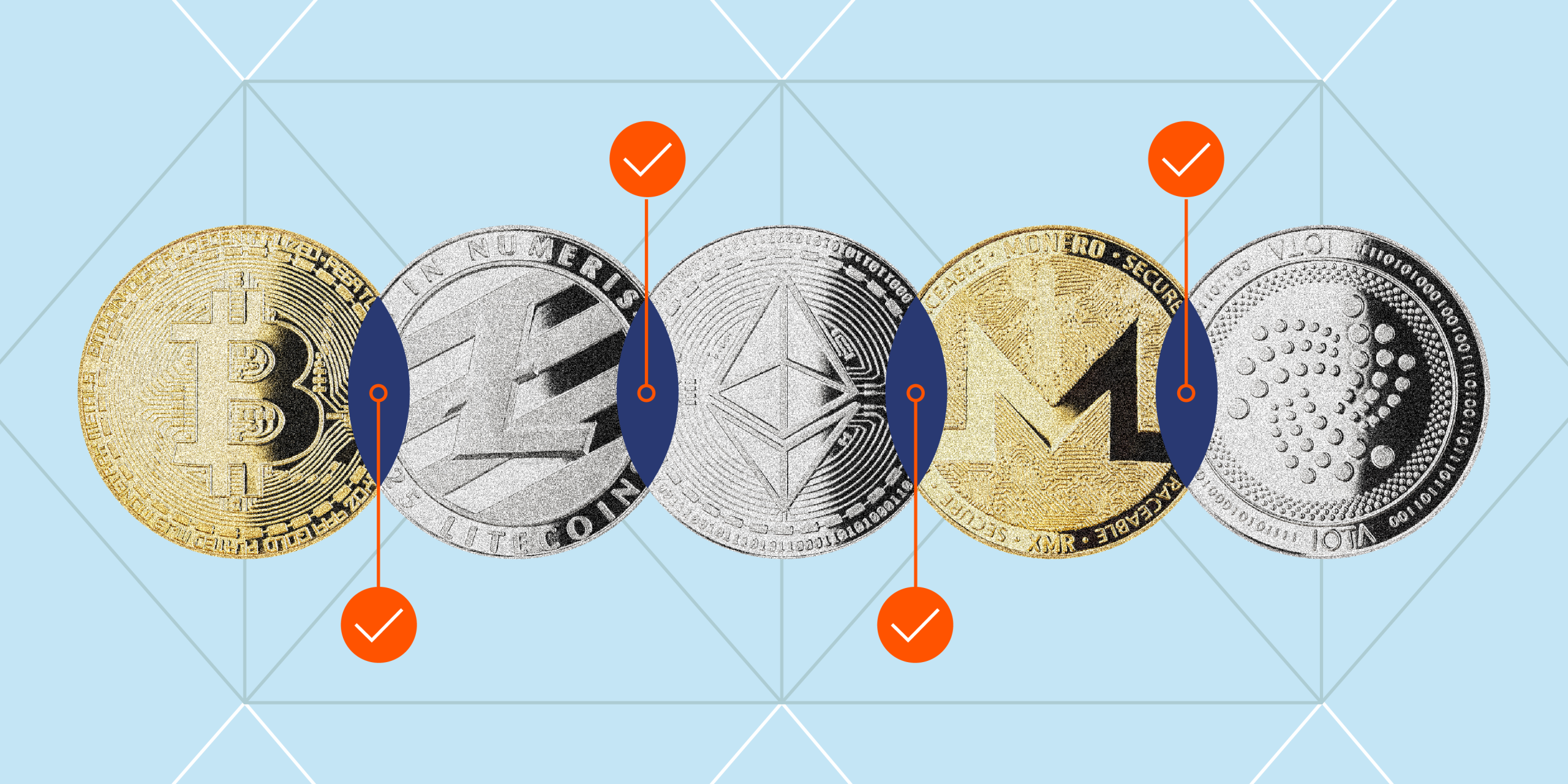
Understanding the Intricacies of Coinbase’s Know Your Customer (KYC) Policy
One of the world-renowned platforms in the digital currency space, Coinbase, is popular for its user-friendly interface and a diverse selection of popular cryptocurrencies. However, many users may find its Know Your Customer (KYC) policy a bit overwhelming. Here, we explain the intricacies of Coinbase’s KYC policy, presenting a comprehensive guide for contemporary crypto enthusiasts.
What is a KYC Policy?
The Know Your Customer (KYC) policy is a regulatory requirement adopted globally by financial institutions to prevent identity theft, fraud, and money laundering. It involves verifying the identity of the customers, understanding their activities, and assessing potential risks of illegal intentions.
Coinbase and its KYC Measures
Coinbase, like any legitimate digital asset trading platform, adheres to these KYC regulations to provide a secure and transparent trading environment. This practice effectively reduces the chances of digital currency being used for illegal purposes, providing investors a safer trading space.
Steps Involved in Coinbase’s KYC Procedure
Coinbase’s KYC procedure is a straightforward process involving primarily the collection and verification of user information. Here is the step-by-step breakdown:

- Registration: The first step to using Coinbase’s platform is to create an account. During this process, users are required to fill in essential information such as their legal name, email address, and country of residence.
- Verification: After initial registration, users need to verify the given information. This might include providing a valid ID document such as a passport or driver’s license combined with a real-time selfie for facial recognition.
- Secondary Verification: In certain cases, a secondary level of verification may be required where users must provide additional pieces of information such as residential address or employment details.
- Transaction Monitoring: Once verification is complete, user transactions are then monitored to detect suspicious activities. Abnormal transactions may lead to additional inquiries or freezing of the user’s account.
The Importance of KYC in the Crypto World
The KYC policy in the cryptocurrency sector is all about trust, transparency and security. Given the anonymous nature of the blockchain technology that undergirds most cryptocurrencies, several opportunities arise for misuse. KYC regulations help in mitigating these risks and protecting users from fraudulent activities, thereby enhancing trust in the digital currency ecosystem.
Effect on Global Crypto Market
Not only do KYC policies provide protection for individual investors, but they also bring legitimacy to the entire cryptocurrency market. As more players in the market adopt KYC practices, it brings an elevated level of credibility to the global crypto market, contributing to its growth and acceptance while driving more adoption at a mainstream level.
Conclusion
Before diving into the world of digital currencies, it is vital to understand the safety protocols involved, including the Coinbase KYC policy. While sometimes perceived as tedious, these KYC steps are critical in providing a secure and transparent transaction environment for crypto users globally.
Please note that this article is for informational purposes only and is not financial advice. Always do your own research and consult with a qualified financial advisor before investing in cryptocurrency.
Leia também: Untangling the Coinbase App Verification Bug: Impact and Solutions for Cryptocurrency Enthusiasts
Understanding Cryptocurrency Security: The Role of KYC and AML Policies